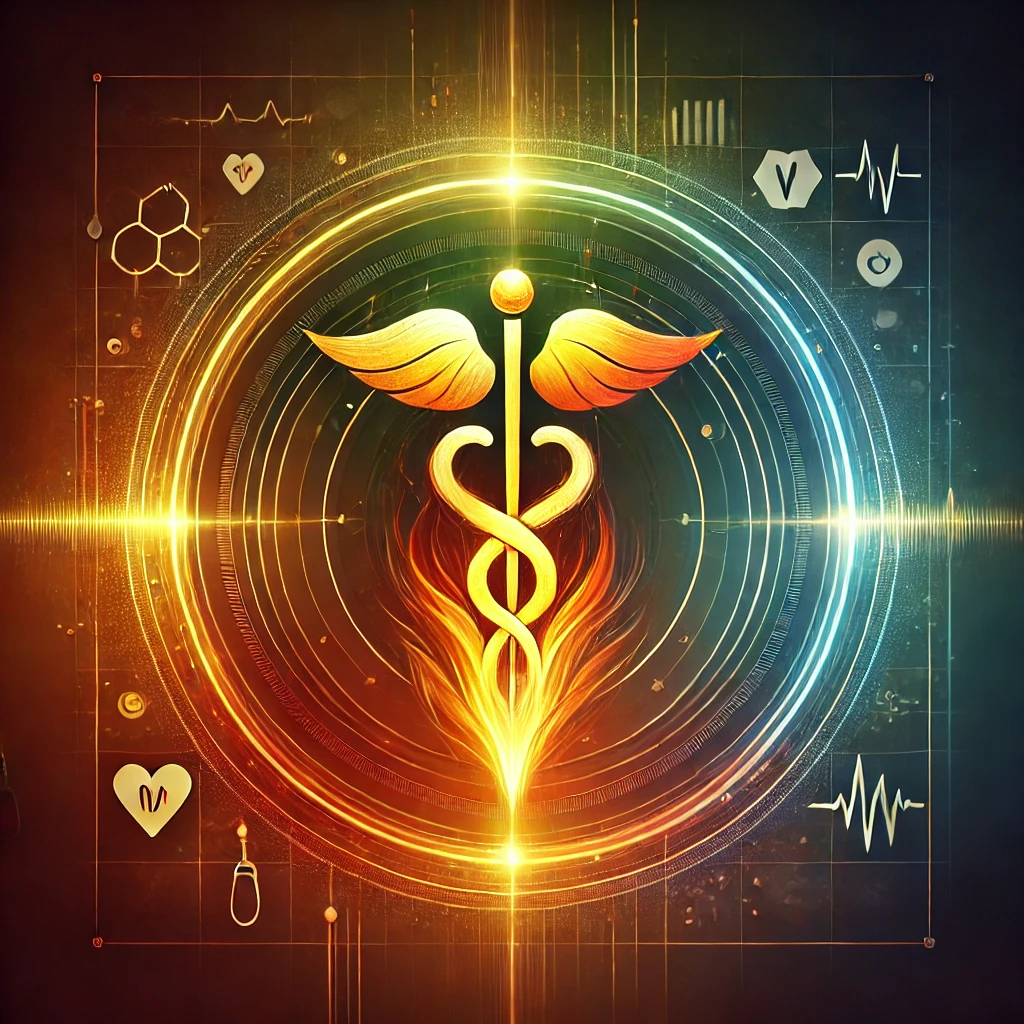Transforming Healthcare with AI: Combatting Burnout, Building Confidence, and Boosting Morale
The healthcare workforce faces mounting challenges: decision fatigue from an overwhelming number of daily choices, the emotional toll of patient care, and the frustration of time-consuming administrative tasks. These factors contribute to burnout, poor morale, and even staff turnover. Modern AI-powered tools not only address these issues by improving efficiency but also offer an unexpected benefit—upskilling healthcare workers and rebuilding confidence in their expertise.
Reducing Decision Fatigue and Streamlining Workflows
Healthcare professionals make countless decisions every day, often under tight time pressures. This leads to decision fatigue, where cognitive resources are depleted, and the quality of decisions suffers. AI tools can act as decision support systems, analysing complex datasets and providing actionable insights. For example, AI models can flag high-risk patients, predict complications, and suggest evidence-based interventions. By reducing the mental workload, these tools allow clinicians to focus on high-value tasks, improving both decision-making and job satisfaction.
Upskilling Through AI Integration
AI tools are not just a crutch; they are an opportunity for growth. By providing clinicians with detailed insights and explanations, AI helps healthcare professionals learn on the job, expanding their knowledge and confidence. For instance, AI-powered diagnostic systems can highlight why a particular condition is flagged, offering insights into subtle patterns in lab results or imaging scans. As professionals interact with these tools, they refine their clinical acumen and feel empowered by their growing expertise.
Training programs that integrate AI tools into education and practice also provide targeted learning opportunities. By identifying gaps in performance or knowledge, AI systems can offer personalised feedback and training modules, enabling healthcare staff to strengthen their skills. This continuous development builds confidence, helping workers feel more capable and valued in their roles.
Boosting Morale with Confidence-Building Feedback
Burnout is exacerbated by the perception that one’s efforts are undervalued or ineffective. AI tools can counteract this by providing positive, data-driven feedback. For example, tracking patient outcomes over time can demonstrate the tangible impact of a clinician’s decisions. AI can also highlight tasks completed efficiently or identify areas where performance exceeds benchmarks, reinforcing a sense of achievement and purpose.
Moreover, when healthcare workers see how AI supports their efforts—by automating tedious documentation or enhancing diagnostic accuracy—they can focus on what drew them to healthcare in the first place: providing compassionate, patient-centered care. This sense of fulfillment directly combats the emotional exhaustion of burnout.
A Sustainable Path Forward
The integration of AI tools must be approached thoughtfully. These systems should be designed to complement, not replace, the expertise of healthcare professionals. Transparent implementation, with ample training and support, ensures that staff feel empowered, not threatened, by new technology. Additionally, safeguarding patient privacy and maintaining ethical standards will foster trust and collaboration across teams.
By reducing decision fatigue, fostering skill development, and building confidence through meaningful feedback, AI tools offer a pathway to a more sustainable and fulfilling healthcare environment. These technologies are not just transforming patient care—they are uplifting the professionals who deliver it, ensuring a brighter future for healthcare as a whole.

Leave a Reply